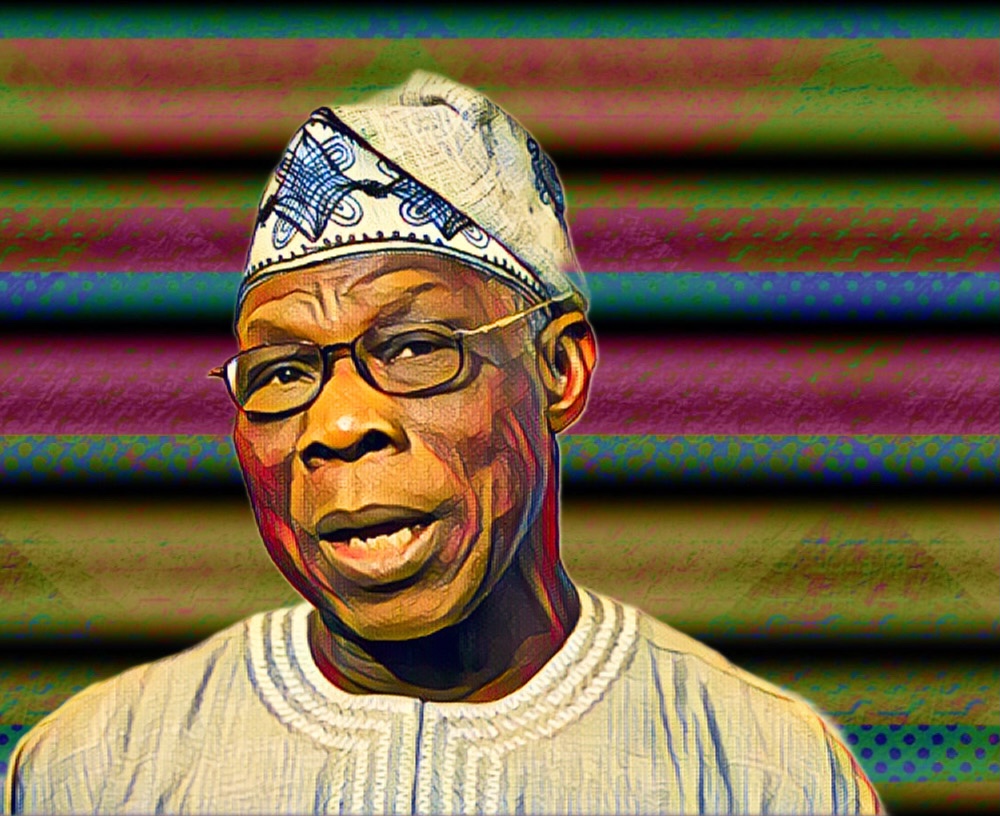Former President Olusegun Obasanjo has expressed concerns that those profiting from Nigeria’s lucrative fuel importation industry will attempt to undermine the success of the Dangote Petroleum Refinery. This follows allegations by Aliko Dangote, President of the Dangote Group, that certain “mafias” are actively working to disrupt the $20 billion refinery project.
Potential Challenges for Dangote Refinery
Obasanjo, speaking in an interview with the Financial Times, emphasized that the refinery, if successful, should serve as an encouragement for both local and international investors in Nigeria. However, he warned that those benefiting from the current importation system might resist these changes.
“Aliko’s investment in a refinery, if it goes well, should encourage both Nigerians and non-Nigerians to invest in Nigeria. Suppose those selling or supplying refined products to Nigeria feel that they will lose the lucrative opportunity. In that case, they will also try to get him frustrated,” Obasanjo stated.
The Dangote Group has accused international oil companies (IOCs) of frustrating the refinery by either refusing to sell crude or charging a premium of up to $4 above the standard price. Additionally, the Nigerian Midstream and Downstream Regulatory Authority (NMDPRA) has been accused of granting licenses for the importation of substandard fuel, which they deny, claiming Dangote’s diesel is inferior to imported alternatives.
Domestic Refineries and Naira Transactions
Despite President Bola Tinubu’s directive for the Nigerian National Petroleum Company Limited (NNPC) to sell crude oil to domestic refineries in naira, this has yet to be implemented. The Crude Oil Refiners Association of Nigeria reported that letters requesting crude oil in naira have been sent to NNPC but remain unanswered.
The Federal Executive Council (FEC) recently approved a proposal by Tinubu to offer the 450,000 barrels meant for domestic consumption to Nigerian refineries in naira, starting with the Dangote refinery. This move is expected to lower fuel costs and strengthen the naira against the dollar.
Eche Idoko, Publicity Secretary of the Crude Oil Refiners Association of Nigeria, stressed the importance of formalizing this directive through an executive order or new guidelines to ensure compliance by crude producers. He noted that the current situation, where IOCs prioritize selling crude to Asian countries, adds to the challenges faced by domestic refineries.
Broader Economic Implications
Obasanjo also reflected on broader economic issues, criticizing Nigeria’s over-reliance on oil while neglecting gas and agriculture. He recalled efforts during his presidency to involve Shell in running Nigeria’s refineries, which were rebuffed due to concerns about corruption and poor maintenance.
“When I was President, I invited Shell and I said, look, come and take equity participation and run our refineries for us. They refused. They said our refineries have not been well maintained… and they didn’t want to get involved in such a mess,” he explained.
Obasanjo also condemned President Tinubu’s approach to removing fuel subsidies without adequate measures to mitigate the resultant hardships. He emphasized the need for a transformational economy to build investor confidence and address issues such as youth unemployment.
“Our youth are restive. And they are restive because they have no skill, no empowerment, no employment. We are all sitting on a keg of gunpowder. And my prayer is that we will do the right thing before it’s too late,” Obasanjo warned.
Source: Punch


